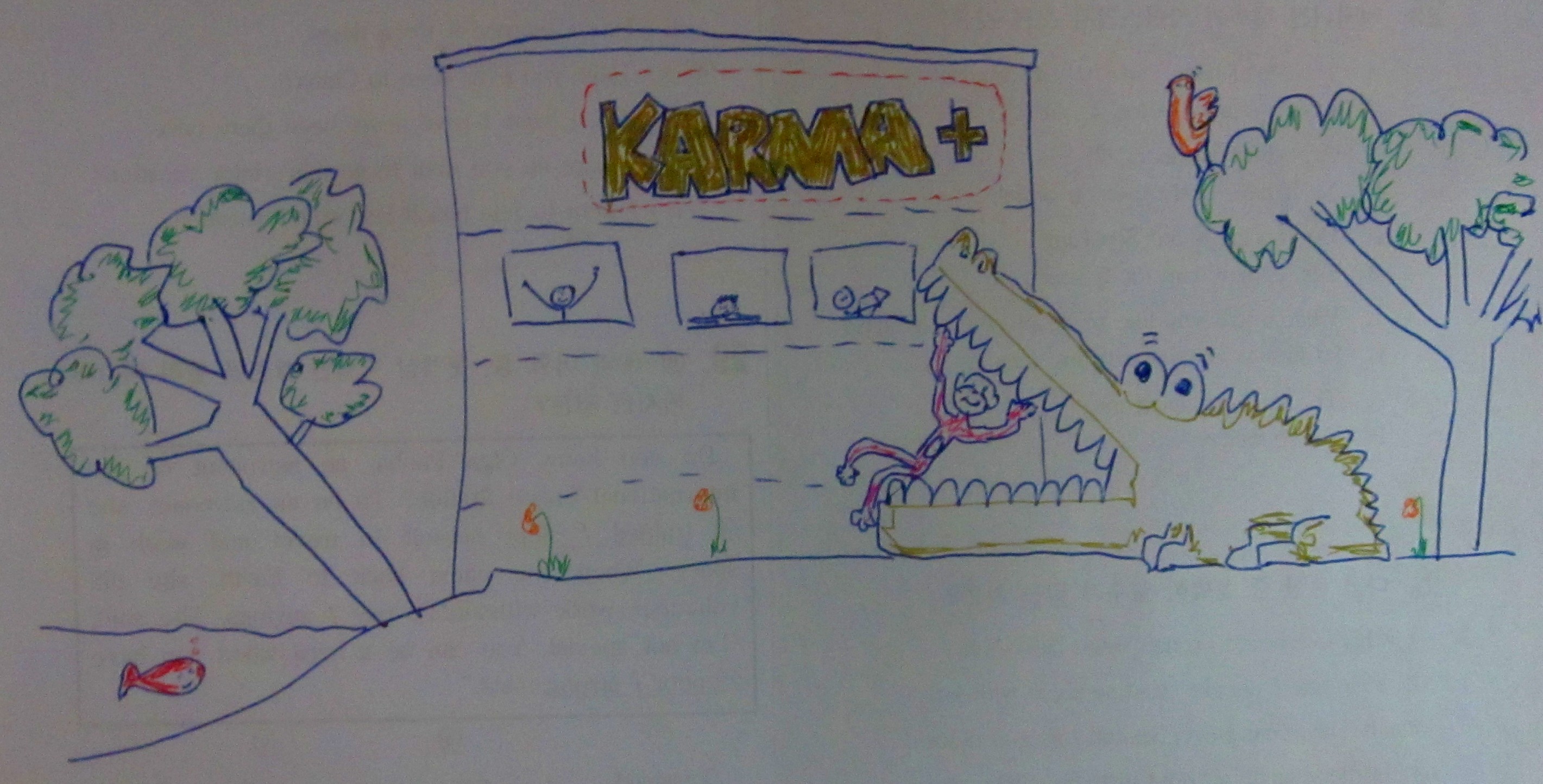해에게서 소년에게
처얼썩 처얼썩 척 쏴아아.
때린다 부순다 무너 버린다.
태산 같은 높은 뫼, 집채 같은 바윗돌이나,
요것이 무어야, 요게 무어야.
나의 큰 힘 아느냐 모르느냐, 호통까지 하면서,
때린다 부순다 무너 버린다.
처얼썩 처얼썩 척 튜르릉 꽉.
처얼썩 처얼썩 척 쏴아아.
내게는 아무 것 두려움 없어,
육상(陸上)에서, 아무런 힘과 권(權)을 부리던 자라도,
내 앞에 와서는 꼼짝 못하고,
아무리 큰 물건도 내게는 행세하지 못하네.
내게는 내게는 나의 앞에는
처얼썩 처얼썩 튜르릉 꽉.
처얼썩 처얼썩 척 쏴아아.
나에게 절하지 아니한 자가,
지금까지 있거든 통기(通寄)하고 나서 보아라.
진시황(秦始皇), 나파륜*, 너희들이냐.
누구 누구 누구냐 너희 역시 내게는 굽히도다.
나하고 겨룰 이 있건 오너라.
처얼썩 처얼썩 튜르릉 꽉.
처얼썩 처얼썩 척 쏴아아.
조그만 산모를 의지하거나,
좁쌀 같은 작은 섬, 손뼉만한 땅을 가지고,
고 속에 있어서 영악한 체를,
부리면서, 나 혼자 거룩하다 하는 자,
이리 좀 오너라, 나를 보아라.
처얼썩 처얼썩 튜르릉 꽉.
처얼썩 처얼썩 척 쏴아아.
나의 짝 될 이는 하나 있도다.
크고 길고 넓게 뒤덮은 바 저 푸른 하늘.
저것은 우리와 틀림이 없어,
작은 시비, 작은 쌈, 온갖 모든 더러운 것 없도다.
조따위 세상에 조 사람처럼.
처얼썩 처얼썩 튜르릉 꽉.
처얼썩 처얼썩 척 쏴아아.
저 세상 저 사람 모두 미우나,
그 중에서 똑 하나 사랑하는 일이 있으니,
담 크고 순진한 소년배(少年輩)들이,
재롱처럼 귀엽게 나의 품에 와서 안김이로다.
오너라 소년배 입 맞춰 주마.
처얼썩 처얼썩 튜르릉 꽉.
 – 최남선 (1890 ~ 1957)
– 최남선 (1890 ~ 1957)
From the Sun to a Boy
Splash, Splash, Splat, Swash.
Beat, Break, Destroy
"Mountains as high as heaven, Rocks as big as a house
What is it to me, What is that to me
Do you not know my might" – bellowed the Sun
Beat, Break, Destroy
Splash, Splash, Splat, Smash, Boom.
Splash, Splash, Splat, Swash.
"I fear nothing in this world.
The mighty and the powerful of this world,
They all shrivel before me.
The great machineries, how great they are, are no equal to me."
"To me, To me, Before me"
Splash, Splash, Splat, Smash, Boom.
Splash, Splash, Splat, Swash.
"If there was a man who has the courage to not prostrate before me,
Come out before me.
Qin Shi Huang, Napoleon – are you the one.
Even you have bowed before me.
Anyone who can wrestle with me – Come."
Splash, Splash, Splat, Smash, Boom.
Splash, Splash, Splat, Swash.
"You, with your small mounts,
You, with your small isles and lands,
You, who are so satisfied by your own intellect
You, who are conceited with self-righteousness,
Come before me and behold."
Splash, Splash, Splat, Smash, Boom.
Splash, Splash, Splat, Swash.
"In this world, there is only one thing that is worthy to be my companion.
The Blue Sky – who covers this world with all its splendor.
No doubt it is our equal,
As it is not corrupted by those small quarrels, small fights, and all the smears
Of that world and the people who occupy it.
Splash, Splash, Splat, Smash, Boom.
Splash, Splash, Splat, Swash.
Among that wretched world and all those hateful people,
There is one thing I love.
It is when those innocent boys with their great dreams
Come into my bosom.
Come, boys. And I'll greet you with all my love.
Splash, Splash, Splat, Smash, Boom.
- Choe Namseon (1890 ~ 1957)
[Translation by Jae Paek, found at his blog, for which I will express thanks and due credit.]


